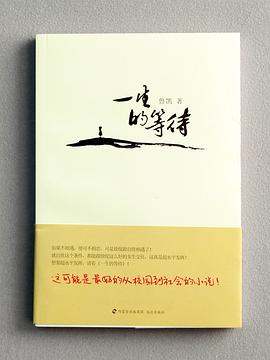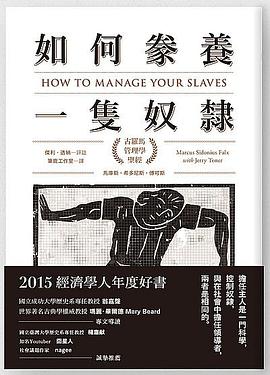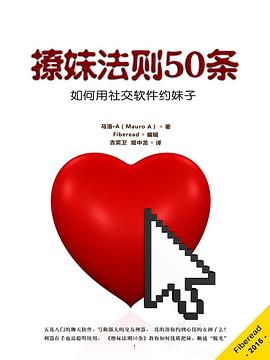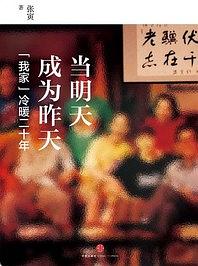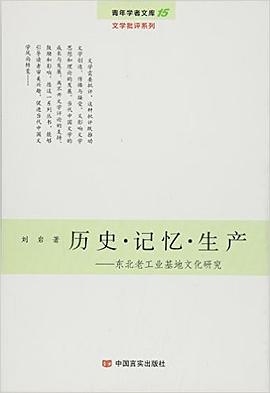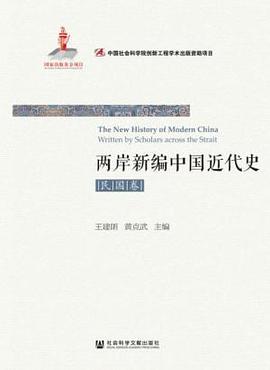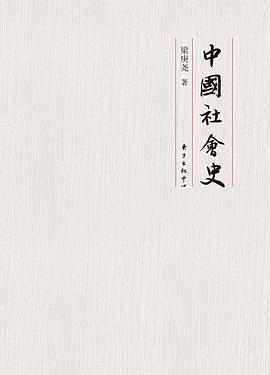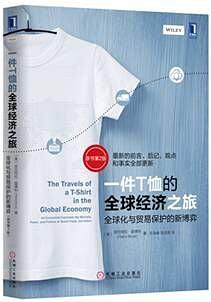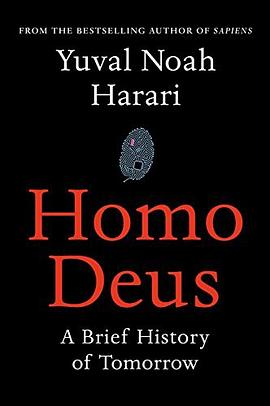

具體描述
NEW YORK TIMES BESTSELLER
Yuval Noah Harari, author of the critically-acclaimed New York Times bestseller and international phenomenon Sapiens, returns with an equally original, compelling, and provocative book, turning his focus toward humanity’s future, and our quest to upgrade humans into gods.
Over the past century humankind has managed to do the impossible and rein in famine, plague, and war. This may seem hard to accept, but, as Harari explains in his trademark style—thorough, yet riveting—famine, plague and war have been transformed from incomprehensible and uncontrollable forces of nature into manageable challenges. For the first time ever, more people die from eating too much than from eating too little; more people die from old age than from infectious diseases; and more people commit suicide than are killed by soldiers, terrorists and criminals put together. The average American is a thousand times more likely to die from binging at McDonalds than from being blown up by Al Qaeda.
What then will replace famine, plague, and war at the top of the human agenda? As the self-made gods of planet earth, what destinies will we set ourselves, and which quests will we undertake? Homo Deus explores the projects, dreams and nightmares that will shape the twenty-first century—from overcoming death to creating artificial life. It asks the fundamental questions: Where do we go from here? And how will we protect this fragile world from our own destructive powers? This is the next stage of evolution. This is Homo Deus.
With the same insight and clarity that made Sapiens an international hit and a New York Times bestseller, Harari maps out our future.
著者簡介
Prof. Yuval Noah Harari has a PhD in History from the University of Oxford and lectures at the Hebrew University of Jerusalem, specializing in world history. His books have been translated into 50+ languages, with 12+ million copies sold worldwide. 'Sapiens: A Brief History of Humankind' (2014) looked deep into our past, 'Homo Deus: A Brief History of Tomorrow' (2016) considered far-future scenarios, and '21 Lessons for the 21st Century' (2018) zoomed in on the biggest questions of the present moment.
圖書目錄
讀後感
与Richard Dawkins和Jared Diamond两位科学家不同,作者虽然思想自由驰骋,想象丰富,但却有失严谨。比如: 关于决策模式:作者用狒狒躲狮子吃香蕉为例,来说明决策过程是一个算法(algorithms)。这和经济学里把人假设为理性人,把人的决策过程比作一个在输入所有变量后的优化...
評分《什么得数据得天下啊,基佬才是真正的世界统治者》 五天刷完。读《未来简史》的惊艳感,完全比不上读作者赫拉利第一本书《人类简史》的惊艳感,很大一部分原因是《未来简史》的很多信息和观点,其实都是《人类简史》的重组。 举几个例子逐步拆分: 序章《人类的新议题》里...
評分读完《未来简史》,大概一周左右,脑子里盘旋着各种好似成型又未成体系的想法,于是决定先写下来,聊做梳理。 这部《未来简史》,可以看做是《人类简史》的续篇,第1章为总论,本书2-7章基本是对《人类简史》所探讨议题的复习和深化,从第8章起开始思考未来。 以下,便是对《未...
評分大致逻辑 文明进展到今天,人类的主题从饥荒、瘟疫和战争,转变为永生、极乐和神力(强化的超能力,如优选基因创造高智商的人的能力)。 宗教创建秩序,科学寻求力量,这两者一直相辅相承,推动文明演变。 现代文明建立在人本主义的信仰之上,其中一个分支自由主义战胜另两个分...
評分來生必做機械人--哈拉瑞的《神人》 | 郭梓祺 | 評台 郭梓祺 剛看了美劇《Westworld》開頭,未來的人建立了一個美國西部主題公園,特別的是裡頭的居民,都是人工智能造出來的機械人,栩栩如真人,每天有不同故事線,讓付錢進來的客人,滿足各種姦淫虜拐或者做英雄等欲望。晚...
用戶評價
A must read. 錶麵上看起來是一本講人類未來的書,但如作者自己所說,他並非在做預測,更不是危言聳聽或者暗藏某個政治或者經濟動機。更多的是作者結閤目前人類科學和科技的發展、迴顧人類曆史和人性本身來探討將來人類很有可能會麵對的世界。感覺迴到瞭大學時代,教授的智慧對話,引發學生思考。 It's philosophy, a warning,and a perfect way to engage everyone who cares to start a debate about humanity and future.
评分將宗教作為人類現象的科學哲學版
评分前麵部分真是有點囉嗦瞭,作者屬於舉例子狂人,幸好最後一部分提齣瞭幾個挺有意思的觀點補迴票價,總體是推薦的。
评分將宗教作為人類現象的科學哲學版
评分想起Coursera一門耶魯開的美國憲法課上教授說到,率先給予女性選舉權的是西部的懷俄明和猶他州,因為男女人口差距懸殊,目的是吸引女性前來定居。人權當然是靠爭取來的,但它並不天生正確,而是因為有需要。哲學推理不能證明人人生而平等,之所以認可是因為權衡之後還是這樣比較好。古時未必沒有誕生過人文主義者,隻是沒有發展的土壤。事情會發生是因為可以,不是因為正確,如果人類可以被拋棄,為什麼不?會有新的理論來為此作支撐。
相關圖書
本站所有內容均為互聯網搜索引擎提供的公開搜索信息,本站不存儲任何數據與內容,任何內容與數據均與本站無關,如有需要請聯繫相關搜索引擎包括但不限於百度,google,bing,sogou 等
© 2025 book.quotespace.org All Rights Reserved. 小美書屋 版权所有

